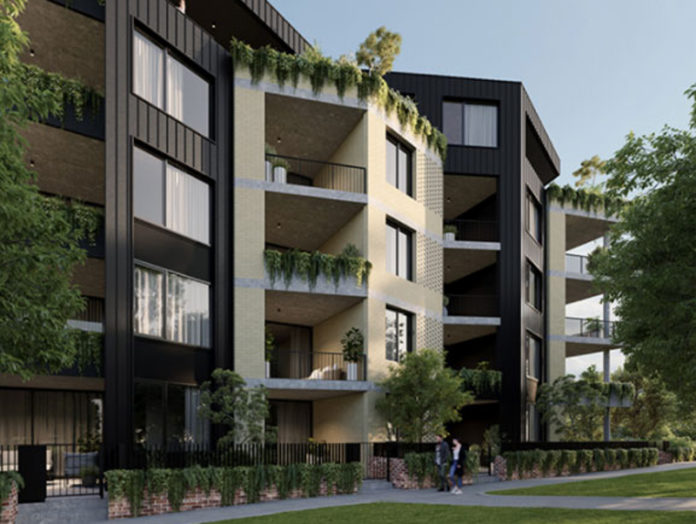
The project, under way with Perth-based property developer OP Properties, is a 39 apartment building in Fremantle, Western Australia, in which residents will live low carbon through the use of solar panels and battery storage along with Powerledger’s power trading technology to deliver a 50% offset to the building strata levies.
On 5 August 2022, Montreal Commons was acknowledged by Bioregional Australia, the regional arm of the London-headquartered Bioregional environmental enterprise, as a project delivering ‘One Planet Living’ of international standing.
One Planet Living developed with the WWF provides a 10-point framework of sustainability indicators for “living happily with the Earth’s resources”.
“The project will use 75kW solar rooftop PVs with residents within Montreal Commons able to sell any excess solar electricity they generate back to an existing 670kWh on-site battery using Powerledger’s energy trading platform,” explains co-founder and chairman Dr Jemma Green.
“During times of peak demand they can then buy back electricity from the on-site battery at an agreed price. This not only incentivises households in the take up of renewable energy but creates an environment where they become ‘prosumers’.”
With 100% sustainably sourced power Montreal Commons is estimated to produce about 240t less carbon emissions a year, or about 6t per apartment.
Luke Parker, director of OP Properties, says the last two years have provided the opportunity for innovative new thinking around the way we live and work, with a strong focus on access to quality amenities, fresh air, sunlight and green spaces as well as the opportunity for working and exercising close to home.
“OP Properties and Powerledger have worked together to create a model that makes residents better off over a long period of time from investing in renewables from the outset.”
Montreal Commons is currently under construction with over 70% sold out, according to the development website.
Other sustainable energy measures being incorporated in the development include high performance glazing to minimise summer heating and allow passive winter heating, extensive use of awnings and shade screens and the use of LEDs or other low energy lighting in all public areas, while fast electric vehicle charge points and shared vehicles will also be available.
Smart electricity and water metering will be implemented, with a dashboard for residents to view usage, and water systems will be powered by renewable energy.